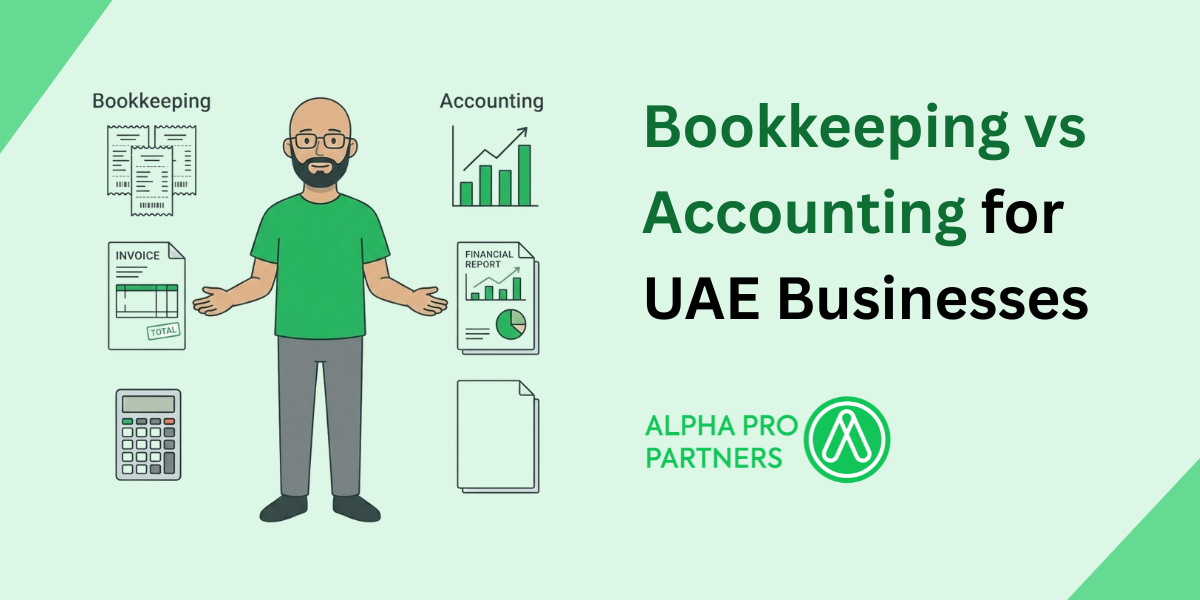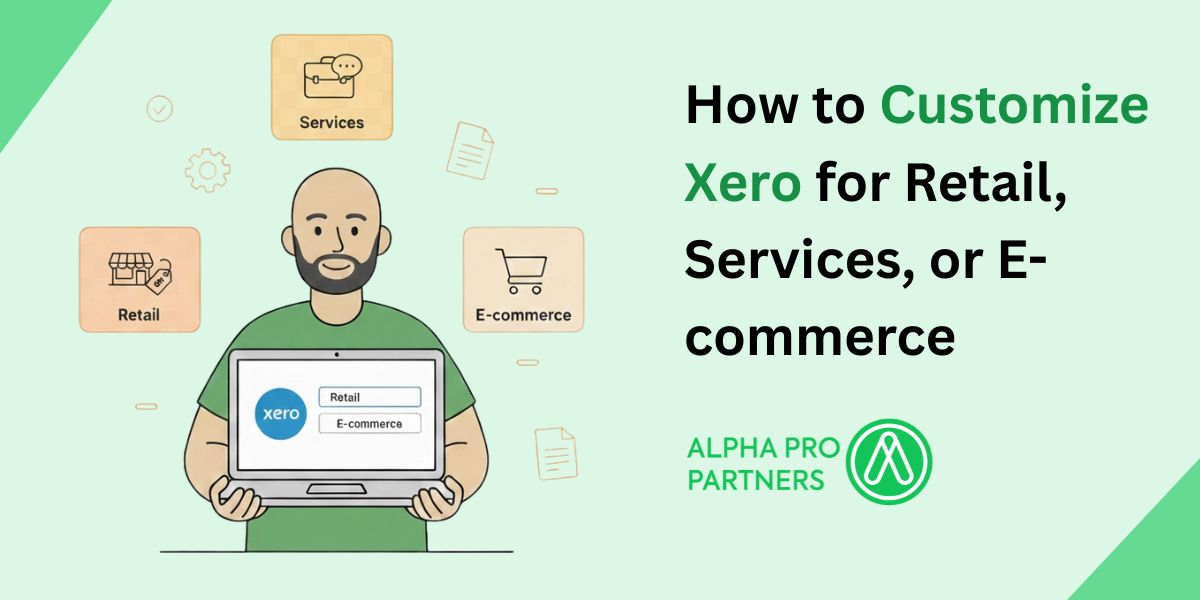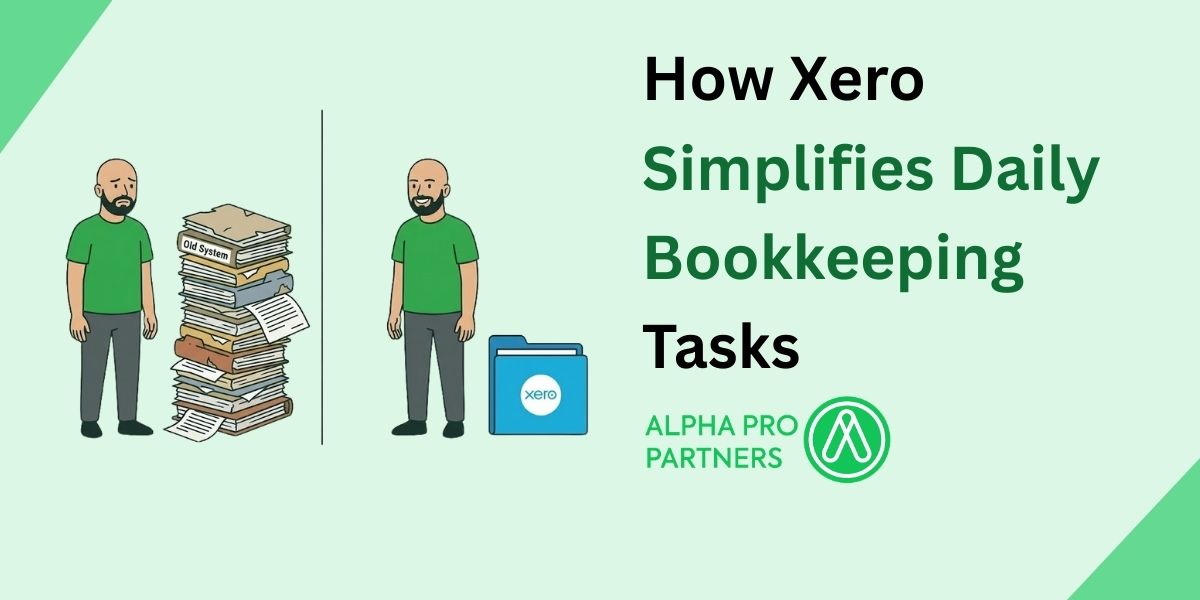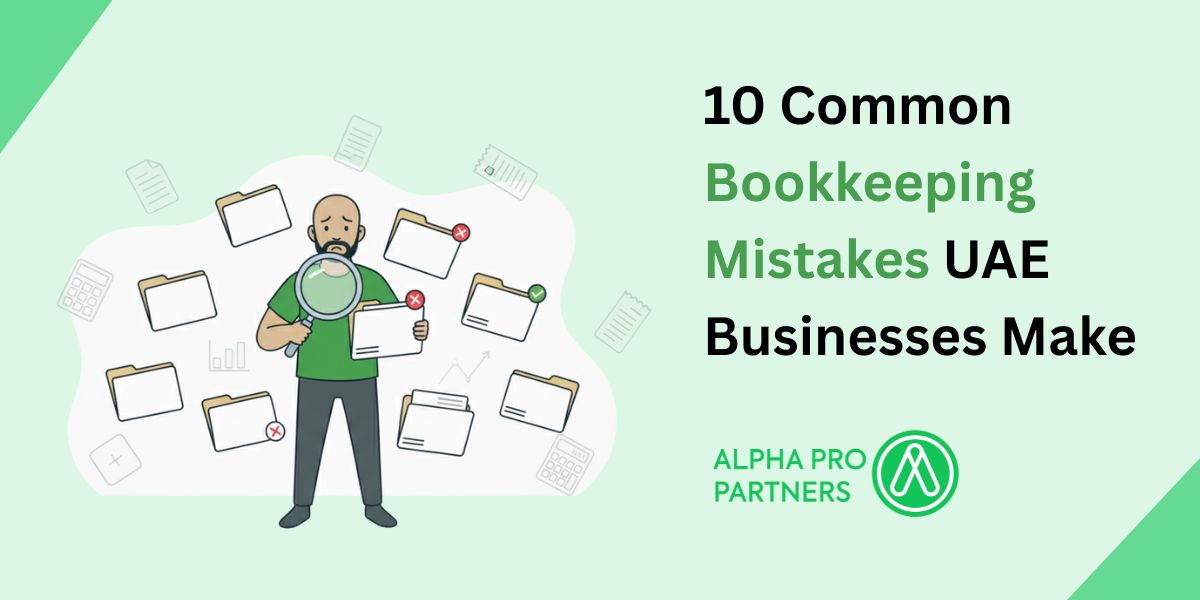How to prepare your business for VAT

VAT (Value Added Tax) is an indirect tax imposed by a Sovereign government on consumption. When a business is liable to collect and pay VAT there are many processes it will need to do to prepare for the ongoing administration. A VAT registered business is therefore acting on behalf of the government as a collector of taxes. The amount paid is usually the difference between the amount of VAT charged (output VAT) and the amount paid (input VAT).
Understanding the rules
Before registering for VAT, you must get an idea of the rules; an Accountant can help you with this. This is because there are certain types of goods and services which are exempt from VAT and usually there are revenue thresholds on the requirement to register. In some countries, there may be exempt activities such as selling books or healthcare and there may be restrictions on claiming VAT on personal items which are not for business use.
Understand your business
When doing business in a Country that implements VAT there are many issues that the individuals responsible for running the business need to consider. Firstly, there are usually registration limits on the size of the business. The UK for example has a yearly revenue limit of at least 83,000 before a business can register. Other factors will be the type of business the company engages in as some of its goods and services may not be subject to VAT and therefore not required to register and if it is part of a group of companies then in some cases, its registration will be the same as the group of companies it is within. If a company is required to register, then it would need to issue invoices that would hold certain information for it to be valid. In the UK for example, the information to be displayed on the invoice would be the unique invoice number, business address, VAT number, date of invoice, description of goods and services, invoiced amount before VAT, VAT amount, and gross invoice amount.
Recording financial information
As the business collects and pays VAT to the government, carrying out this process requires the business to ensure that it has adequate processes and systems in place to be able to issue invoices, record expenses where VAT is paid, and then calculate the amount for a given period to be paid to the government. In all cases, it would be recommended to ensure that the business has an accounting system capable of this and hires an Accountant to ensure that this process is carried out accurately. This is because some countries will impose fines and penalties on businesses that do not record transactions accurately or make payments and submissions timely. Record keeping also allows the company to ensure that VAT records are held in an accounting system for a given number of years which is also a legal requirement in some jurisdictions. When a business can record financial information accurately and correctly at the source, this can enable the filing to take less than 30 minutes when using a modern, recognized accounts package. Filing of VAT information may be required to be made quarterly, monthly, or yearly. We recommend Xero for cloud-based small businesses and real-time accounting software.
Cash flow requirements
The final issue which many businesses forget when adhering to a VAT regime is that cash flow could be a major issue for companies who are not managing it well. There is sometimes a significant timing difference from when a business collects cash from its customers to when it pays the VAT to the government. Businesses must keep in mind that the cash collected from customers for VAT must not be spent or used on working capital when the VAT is due to be paid, if the business cannot make payments, it could be levied with expensive fines and penalties!

.webp)





.webp)










.webp)
.webp)


.png)
.png)
.png)
.png)
.png)

.png)
.png)



.png)
.png)





.jpg)


.jpg)





.png)
.png)






.png)


